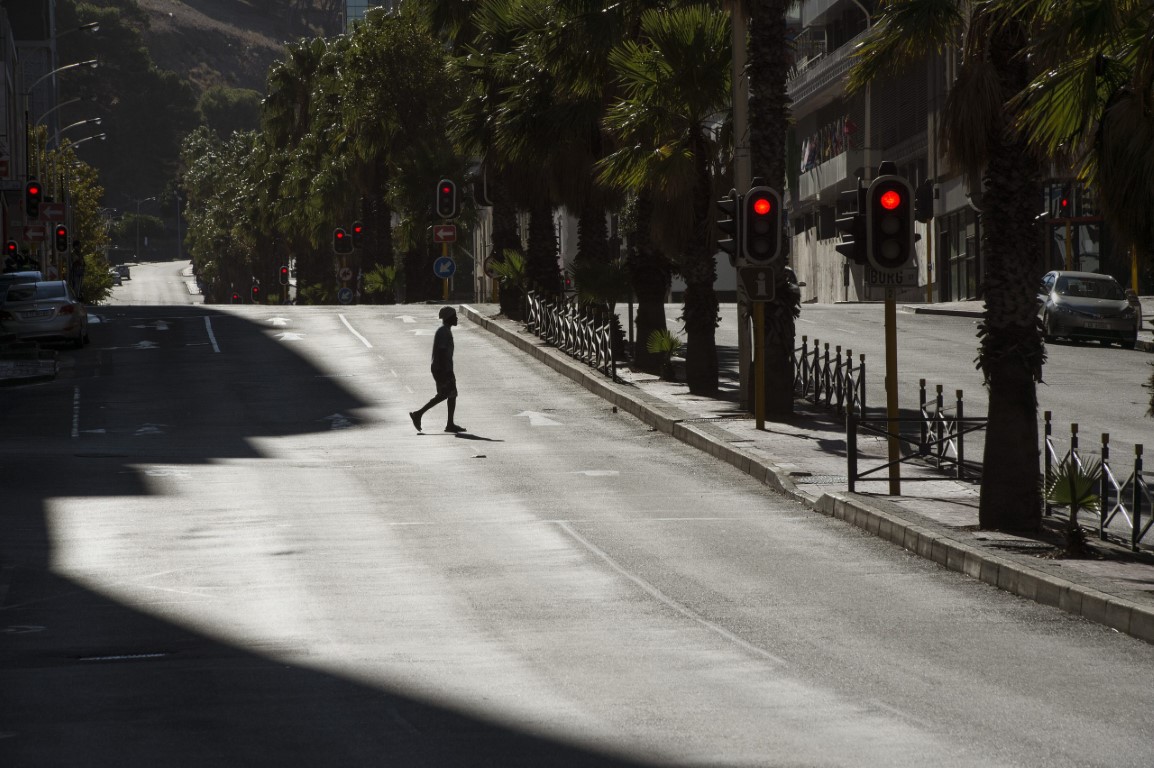The longer South Africa’s lockdown continues the more I’m reminded of the 1982 Holocaust film, Sophie’s Choice. Starring the impeccable Meryl Streep who won the Oscar for her portrayal of a woman forced by Nazis to make an impossible choice of deciding which one of her two children she wanted sent to the gas chambers. While Sophie’s Choice was a movie, President Cyril Ramaphosa’s choice to save lives at the expense of the economy has been very real and we already seeing fault lines appear across many sectors of South African society.
At the weekend, John Steenhuisen the leader of the main opposition party the Democratic Alliance, called on President Ramaphosa to end the lockdown and to reopen the economy, claiming it is too detrimental to business and the livelihoods of ordinary South Africans. “The tragedy here is no longer the coronavirus but the lockdown itself,” Steenhuisen lamented in an online address. South Africa’s troubled history means politics here is always framed by race, as a result Steenhuisen’s call to open the economy received a barrage of criticism from black South Africans, who took umbrage at him telling the president what to do. However, on the ground people are facing immense economic hardship; small Business owner Tshepo Mekoa’s company Brima Logistics was growing exponentially prior to the lockdown, he had made new hires, bought and refurbished a new warehouse, business was looking good. In an instant, he’s had to move from vertical growth to fighting for survival, 40 staff have been laid off and those that remain have all taken a 50 % pay cut. All over South Africa entrepreneurs are having to make tough choices to save their businesses. The tragedy of this situation from an unemployment perspective is the average worker supports between five and six unemployed dependents, so the ripple effects of job losses are felt far and wide across South Africa’s vastly unequal society.
Last week the country moved from Level 5, a hard lockdown where only essential services were allowed to operate, to Level 4 which saw over 1.5 million people return to work in a number of sectors. The move to Level 4 has been heavily criticised by the business community, who have called for government to open up the economy even further to avoid total collapse. According to National Treasury’s own modelling, if the current reigns on the economy are not loosened, GDP is set to contract by 16%, the jobless rate will surpass 50%, with such harrowing data it’s quite evident why businesses are eager to re-open.
We are already seeing impatience from organisations which originally supported the lockdown. This week Business for SA, a private sector body formed to mitigate the impact of Covid-19 called for government to accelerate its risk adjusted approach to opening the economy. “We need to restart the economy to minimise hardship, hunger and desperation” says B4SA’s Mark Kingston, a clear warning to government of the perils a continued lockdown will have on the economy. The poor are battling to feed themselves and their families and relying on food parcels, the middle classes are facing retrenchment and salary cuts, and small businesses are failing, this is an economic perfect storm that will take the country years to recover from.
While the lockdown has been instrumental in buying South Africa’s fragile health care system time to prepare for the expected influx of Covid-19 patients, it has come at an unimaginable economic cost. Cases of the virus are fast approaching the 10 thousand mark and with new infections rising daily, its clear the virus is not being contained. With the new infections peak only expected in September, can South Africa’s creaking economy hold on for that long? All available evidence suggests not.

